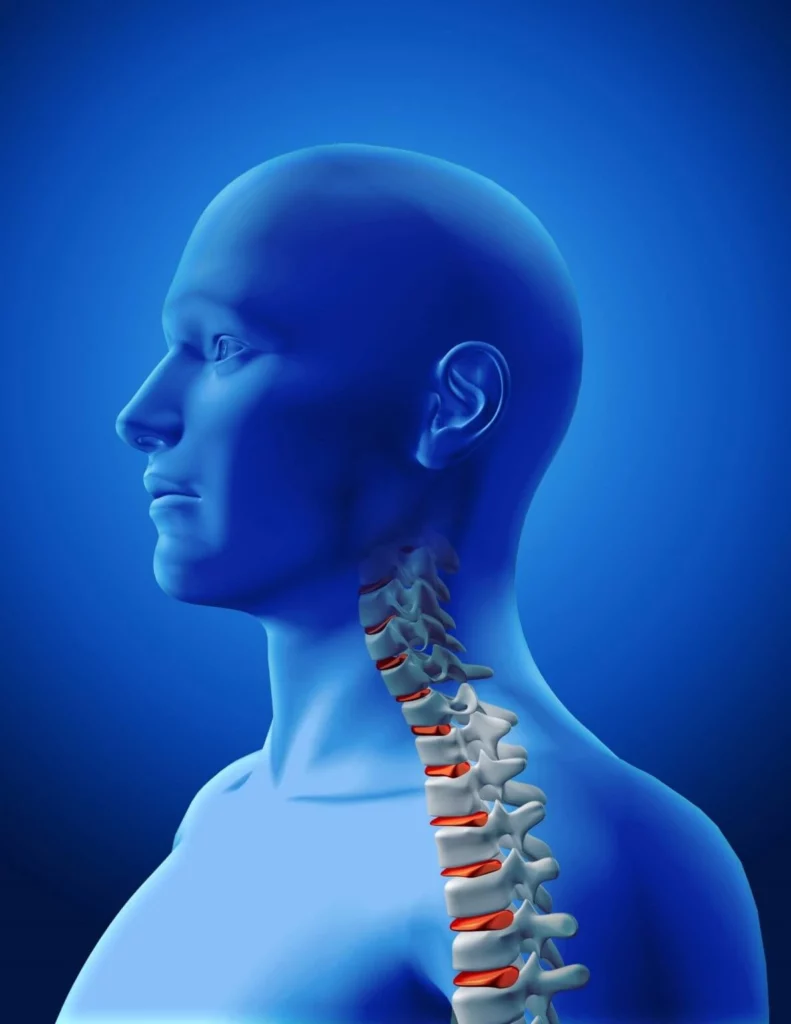Organoids for neurodegenerative diseases: Orgtherapy
Author
Christa Ivanova, PhD
Publication Date
February 24, 2020
Status
Keywords
iPSC-derived Organoids
Organ-on-chip
multicellular organoid
neurodegenerative disease
Amyotrophic lateral sclerosis
Frontotemporal dementia
Your microfluidic SME partner for Horizon Europe
We take care of microfluidic engineering, work on valorization and optimize the proposal with you
No satisfying treatments are currently available for neurodegenerative diseases.
Orgtherapy aims to tackle this problem by developing a relevant spinal cord model based on organoid technology to create more performant therapeutics.
Organoids to study neurodegenerative diseases: introduction

The delivery of therapeutic agents to the central nervous system remains a significant challenge, especially in the case of neurodegenerative diseases like amyotrophic lateral sclerosis and frontotemporal dementia.
No satisfying treatment is available for these diseases, first because of the poor understanding of disease mechanisms and the lack of relevant organoid models to study them but also because of the inefficient and non-selective delivery of the current therapeutics.
Organoids to study neurodegenerative diseases: project description
The Orgtherapy project aims to use organ-on-a-chip technology as a basis to develop multicellular organoid models from iPSCs, mimicking spinal cord function.
These spinal cord organoids will then be integrated into a microfluidic device to explore the mechanistic pathways occurring in neurodegenerative diseases and to screen new potential therapeutics.
We will bring our expertise in flow control and microfluidic instrumentation to precisely control and tune the organoid models’ microenvironment.
Microfluidic flow controllers will enable precise flow of fluids through the device containing the spinal cord organoids, including recovery of flow-through.
A system of flow switch matrices will allow for culture perfusion and drug delivery into the microfluidic device, as well as the collection of conditioned media for further analysis.
The ESI software (Elveflow) will be adapted for this specific organoid application to provide a user-friendly computer interface to program the injection steps easily.
Results from this project
In the light of the Orgtherapy project, we developed the blood-brain barrier-on-a-chip, and the spheroid cell culture packs.
Funding
This project has received funding from the French Agence Nationale de la Recherche (ANR) in the frame of ERA-NET JPco-fuND 2019 (Orgtherapy).


Check our Projects
FAQ – Organoids for neurodegenerative diseases: Orgtherapy
What is the problem that Orgtherapy is actually attempting to solve?
There are no satisfactory treatments for neurodegenerative diseases, including amyotrophic lateral sclerosis (ALS) and frontotemporal dementia (FTD). One of these reasons is methodological: we do not model the human spinal cord’s physiology and pathophysiology with sufficient fidelity to comprehend mechanisms or test therapies under realistic conditions (e.g., transport barriers, multicellular crosstalk). Orgtherapy aimed at sealing that divide by constructing a more accurate model of the spinal cord using organoids and microfluidic manipulation.
What was built under the project?
The group created iPSCs on a microfluidic organ-on-chip apparatus and cultured them with multicellular spinal cord organoids. The chip offers perfusion, programmable dosing, and sampling, so the organoids are subjected to near-physiological flow and gradients, and researchers can inject drugs, switch media lines, and collect flow-through to study.
What is the reason behind using organoids with microfluidics instead of organoids only?
Organoids are potent yet notoriously unpredictable; microfluidics provides precise control over shear stress, nutrient delivery, and exposure timing. Practically, a flow controller, a matrix of micro-valves, allows you to drive repeatable perfusion profiles, pulse drugs, and record outflows and make a beautiful but passive 3D model active as an experimental system. That combination is now universally accepted as a paradigm shift in disease modeling and drug testing.
What hardware/software were used to conduct the experiments?
The system is based on microfluidic flow controllers, routing (culture perfusion, drug delivery, and conditioned-media collection) switch matrices, and modified ESI (Elveflow) software that programs injection steps via a user-friendly interface. The trick lies in reproducibility: identical chip, identical script, identical history of exposures.
What biological questions can this spinal cord model answer that are not provided by standard assays?
Two general categories: (i) mechanistic pathways involved in ALS/FTD, e.g., neuron-glia interactions, inflammatory signals under flow, and (ii) delivery bottlenecks, where the microfluidic environment simulates transport phenomena that you do not even get in wells. Since the model is multicellular and perfused, it is better positioned to develop emergent behavior between cell types over time.
What actual deliverables emerged as a result of the Orgtherapy?
In addition to the spinal cord organoid-on-chip workflow, the project resulted in two reusable partner packs: blood-brain-barrier-on-a-chip and spheroid cell culture. That is, the engineering did not die with the completion of the project; it was productized to continue research.
What are the implications of this for contemporary best practice in organ-on-chip research?
It corresponds to the current field movement toward organoids-on-chip, which involves embedding stem cell-derived 3D tissues in perfused microdevices to enhance physiological realism and enable long-term culture and multiplexed readouts. This hybrid strategy is highlighted as a move toward translational relevance in CNS models in a series of recent reviews.
Who was the funder of the work, and on what program?
It was financed by the Agence Nationale de la Recherche (ANR) under the ERA-NET JPco-fuND 2019 framework (“Orgotherapy”). That background is important: JPco-fuND specifically focuses on joint programming in neurodegeneration; thus, milestones and metrics are oriented towards disease-relevant deliverables rather than microfluidics demos.
What can MIC bring to a Horizon Europe proposal?
MIC generally deals with both end-to-end microfluidic engineering (design, fabrication, flow control, automation) and with converting one-off rigs into robust prototypes and valorization, between methods into usable packs and documentation. When there are many partners on the bids, we are likely to be involved in optimizing the proposal (work plan structure, risk mitigation, interoperability). In the past, consortia containing an SME such as MIC would score higher on implementation and impact; our internal track record is x2 in the success of such calls, driven by the combination of technical preparedness and polished proposal content.
An initial working partnership: What does it look like?
The initial step of most partners is to scope a minimum, decision-oriented prototype: establish the disease context (e.g., ALS vs FTD), choose iPSC lines and readouts, freeze the microfluidic bill of materials (controllers, valves, chip geometry). We plot the experimental program within the ESI interface, add media-switch sequences and sampling windows and pre-register the analysis plan to ensure the results can be compared across runs. Upon the prototype demonstrating noise-free operation, we scale to multi-chip or multi-bioreactor layouts to screen.
Do I have readily available packs that I can reuse in CNS research?
Yes. Starting with blood-brain barrier-on-a-chip and spheroid culture packs, developed as by-products of Orgtherapy, these can be customized with your cell sources and endpoints. They reduce the gap between “idea” and a reproducible assay that the QA team can approve.
Does it fit within MIC's larger portfolio of organ-on-chip work?
Orgtherapy is an extension of other MIC efforts, such as heart-on-chip to personalized medicine and modular organ-on-chip toolkits, where the same philosophy applies: automate what is automatable, standardize interfaces, and keep biology in a controlled flow environment. The lessons learned in perfusion stability, software scripting, and sampling logistics will be directly transferred to another application.